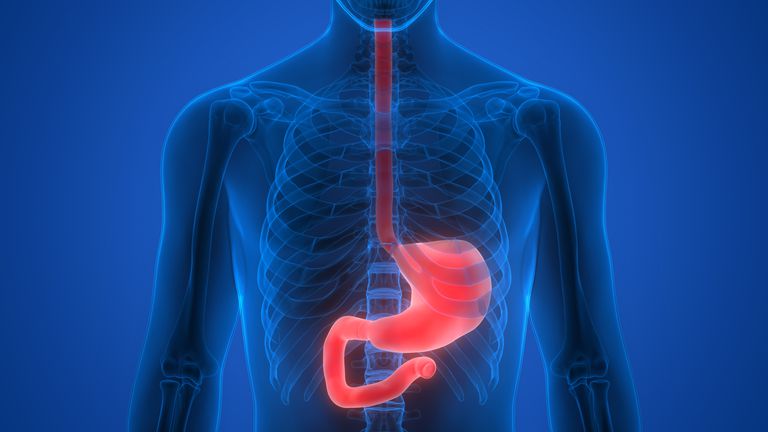Barrett’s Oesophagus: A GORD Complication
November 26 2018
The problem with this complication of GORD is that it’s known to come with its very own complication. According to gastroenterologists, doctors who are specialising in diagnosing and treating various diseases of the digestive system, Barrett’s oesophagus can considerably increase a person’s risk of developing oesophageal cancer.
If you or some of your loved ones suffer from GORD, keep on reading. Below you will come across some really important things you need to know about Barrett’s oesophagus.
Cause
One of the causes of Barrett’s oesophagus is GORD. However, not everyone who has GORD will necessarily end up battling Barrett’s oesophagus one day. Similarly, it’s possible for someone who doesn’t have GORD to develop it.
Simply put, Barrett’s oesophagus is a change in the inner lining of the oesophagus, making it similar to that of the intestines. Your oesophagus, by the way, is that long, hollow and muscular tube that takes whatever you put in your mouth to your stomach. It’s also the one that ends up being irritated by acid that escapes the stomach as a result of GORD.
In the case of GORD, stomach acid is able to come up into the oesophagus because of the malfunctioning of the LES, whose primary task is to keep whatever is in the stomach from escaping and climbing up your oesophagus. Constant irritation of the inner lining of the oesophagus by your stomach acid can cause some abnormal changes, causing the said lining to end up similar to the inner lining of the intestines.
By the way, health authorities say that some people are simply more susceptible to developing GORD than others. They include those who are obese, pregnant and smokers.
Symptoms
You may have Barrett’s oesophagus and not know that it’s there due to the absence of symptoms. It’s possible for you to not notice that something is wrong especially if you do not have GORD.
If your Barrett’s oesophagus is a complication of GORD, then it’s not unlikely for you to regularly encounter the typical symptoms of GORD. Some of them include: heartburn, nausea, vomiting, metallic or acidic taste in the mouth, frequent burping, sore throat and chronic cough.
Experiencing the above-mentioned symptoms is very much likely especially after consuming foods and drinks that are known as GORD triggers. Anything that’s spicy, greasy, fatty, acidic, caffeinated, alcoholic and carbonated can cause GERD to make its presence known via some really unpleasant symptoms.
Heartburn is the most disagreeable of all the symptoms of GORD. Most of the time, it is mistaken for a heart attack, prompting some those who are experiencing heartburn to seek immediate medical attention.
Treatment
In treating Barrett’s oesophagus, the goal is to put GORD under control (if it’s the one responsible for it) in order to keep the various unfavourable symptoms at bay. Also part of the treatment process is the removal of the abnormal tissue in the inner lining of the oesophagus.
Antacids and proton pump inhibitors or PPIs are some of the most commonly prescribed medications for dealing with GORD. It’s also important for the individual with GORD to avoid trigger foods and drinks. Losing excess weight, quitting smoking, wearing loose-fitting clothes and not lying down immediately after eating can help, too.
Various surgical procedures are available for removing abnormal tissue in the oesophagus. In some instances, a part of the oesophagus is removed surgically especially if cancer is detected.
Sourced from HealthDigezt.
